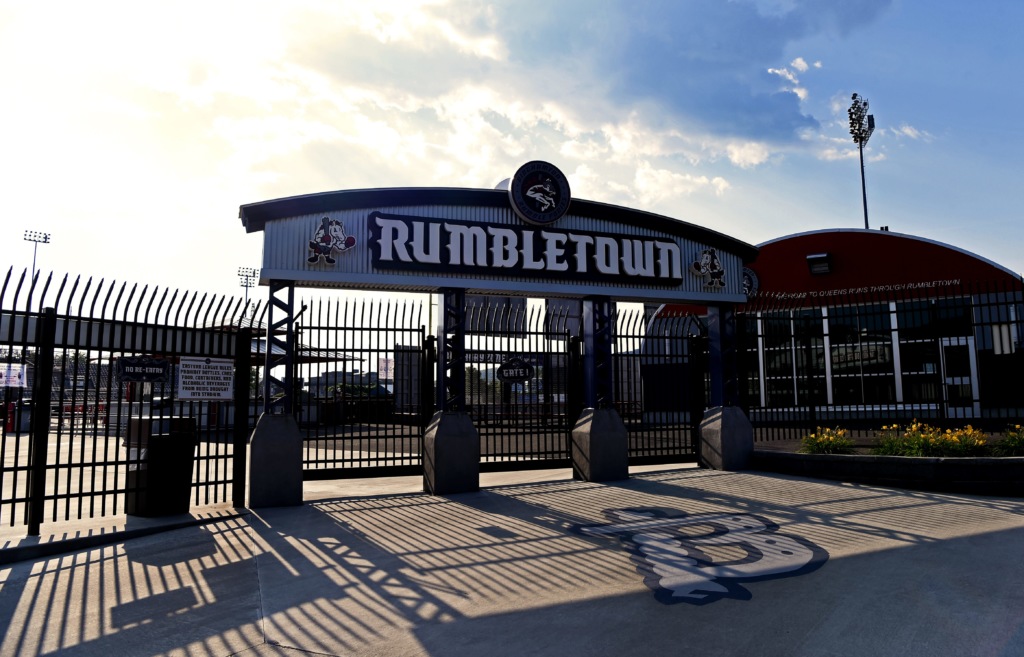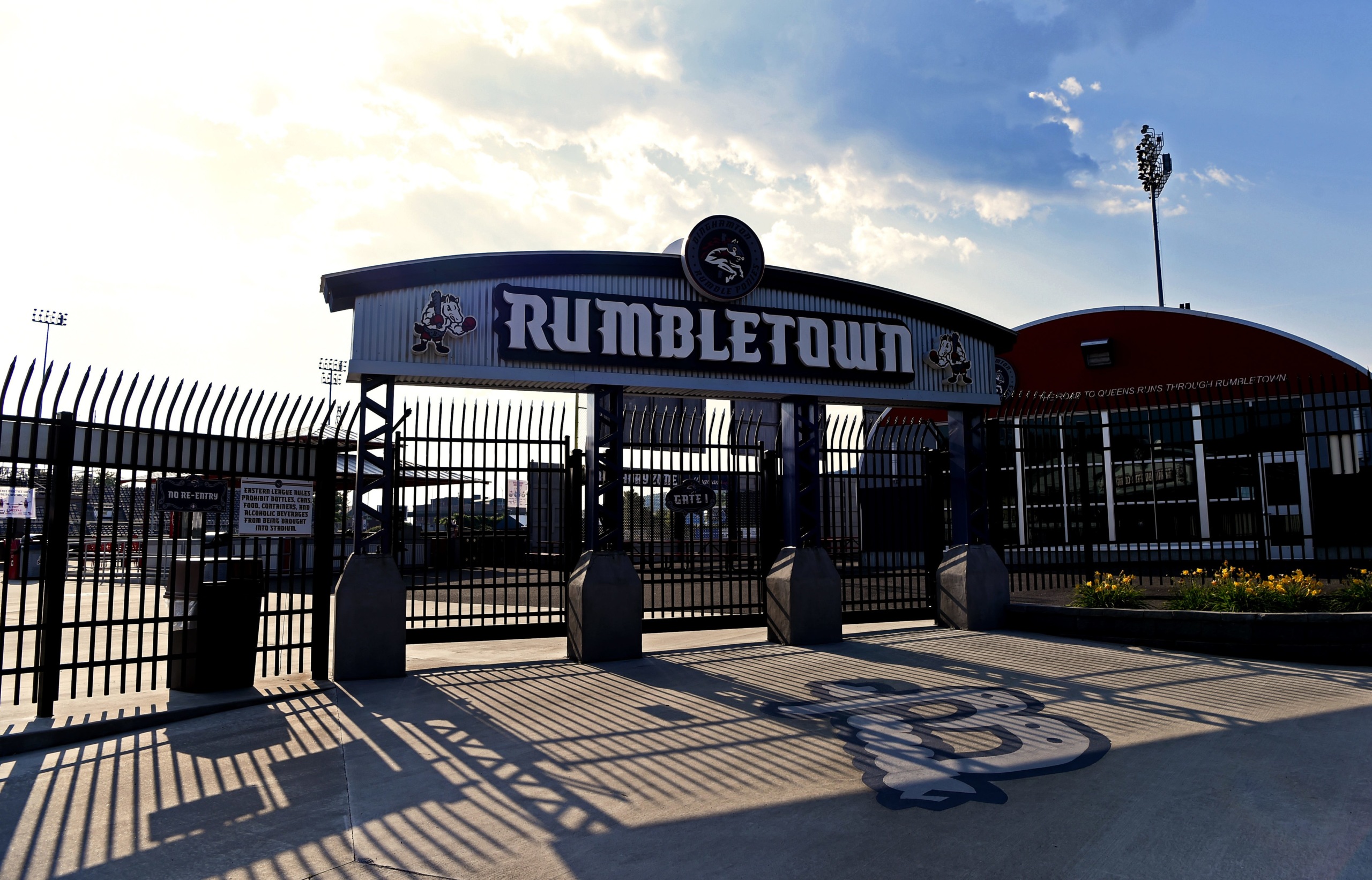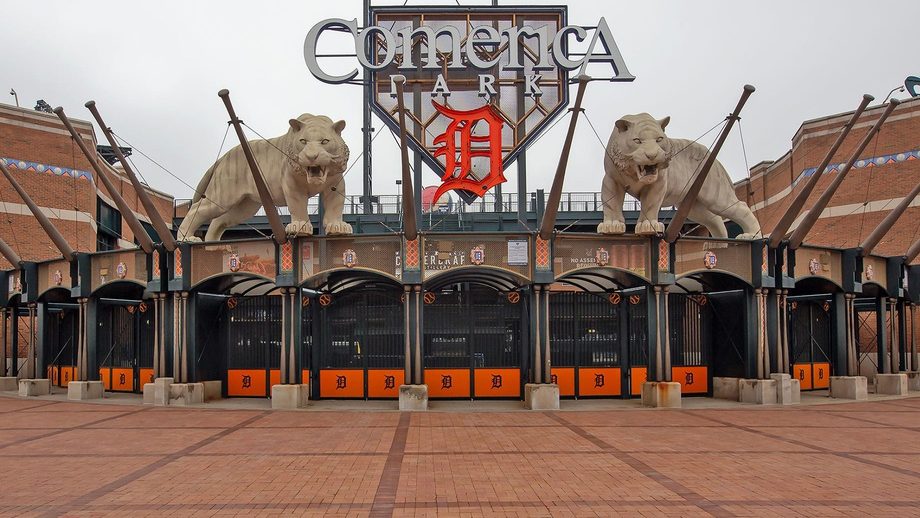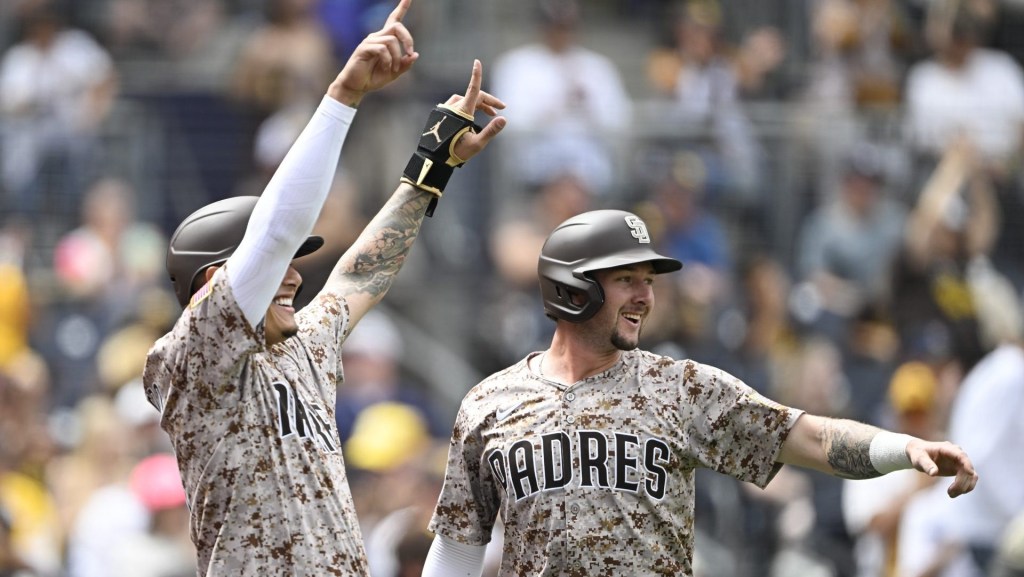
Minor League Baseball officially canceled its season in early July, formalizing the worst-kept secret in sports that baseball wouldn’t be played in many cities and towns this summer.
For every player who loses a season, it’s a severe and a potentially fatal blow for their careers; for baseball players born outside the United States, the devastating impact is even worse.
Any athlete who comes to the U.S. to play a pro sport must get a P-1 visa, known as the athlete visa, with a team or league sponsoring them. For leagues with teams in multiple countries, such as the NHL, the league will typically sponsor, so if a player gets traded across the border, they don’t have to get an entirely new visa, just a workplace change.
Across the minors, 28% of the player base is born outside of the U.S.
In Minor League Baseball, players who are cut typically have a limited grace period to sign with another team before they have to return to their home countries without a sponsor. Any form of not being paid – such as the offseason, when no MiLB players are paid – means the athlete also can’t stay in the U.S.
For teams that planned not to pay their MiLB players during the pandemic, that could have forced many players to travel in a global health crisis.
“Some of those issues could be coming to a head [with the season canceled],” said Garret Broshuis, the founder of Advocates for Minor Leaguers, a group that includes former Major League players who try to push legal cases on behalf of Minor Leaguers. “They could be coming down the pipe.”
The cancelation of a season, for many, is a scary proposition that forces players’ hands.
“If they’re home, they can’t violate their visa status,” said Ava Benach, an immigration lawyer in Washington, D.C. “Those visas are for them to play baseball or train or do promotional activities in the offseason. As long as they are in the United States on that visa and somehow involved with the team and the team is paying them – that’s the important part – they are probably in status. If the team has waived them or cut them or isn’t paying them, then they’re not in status, and they can’t be here under the law.”
A lost MiLB season across the continent has been widely discussed as far as how it affects economies in historic Minor League towns, and for some, it will mean a permanent goodbye.
Players who would make a one-summer pitstop, though, have different fears. One lost season is tough for everyone, and it’s even worse if a franchise goes up in smoke. MLB was already considering contracting around 25% of its affiliates before the pandemic, and with an economic hardship excuse, many players will find themselves with a vanished career.
“That would be 1,000 less Minor League jobs,” said Broshuis. “Some of those towns had baseball for over 100 years. Travel in these leagues is atrocious; something needs to be done about that. But it seems like you can work through those issues without just cutting those teams.”
Canceling the season amid a global health crisis is the right call, especially when many sports will try to charge through and have already seen players test positive.
In some ways, MiLB players may have dodged a bullet in not having to risk their health and safety to play, but at the same time, their spring training at-bats potentially being the last they ever took thanks to a changing baseball landscape is tough to take. For those who might have a more challenging time returning anyways, a lost season is a nightmare.
“The rule of thumb is they’re out of status, but that doesn’t mean the immigration cops come flying down the pole and say ‘jump in the car’ with sirens blazing,” said Benach. “What would happen is the new team has to file paperwork they are employing this person…. You generally have to prove you’re in status. If it’s recent enough, they’re not going to make a big deal of it.”
For now, higher-end prospects are being included in their big club’s player pool, so even if they don’t see any game action, they have some protection and will get some baseball activities in. Many other depth players were cut, which was their likely fate if MiLB was set to contract before next season, they just met that fate quicker. There hasn’t been a uniform policy for the rest of the players who are not on an expanded roster but not released.
Like the Kansas City Royals, some teams committed to paying their players throughout what would have been a season, meaning those athletes’ visa statuses are likely safe.
“Without a union, especially in an industry that has an antitrust exemption, there’s just such a huge discrepancy in bargaining power,” said Broshuis. “And the Covid-19 crisis shows that too. Without bargaining, the players are subject to the whim of management.”
For teams that haven’t committed to paying their Minor League players through the end of August — typically when the Minor League season would end — their players are at a higher risk of not being in status if they remain in the U.S.
“They have to be paid,” said Benach. “That’s the rule. If they’re not paying them, that’s a violation in terms of the P-visa. Generally, the one who pays the penalty for that is the athlete. Immigration services aren’t in the business of ensuring people get paid, but if you can’t prove you’re being paid and ‘working,’ you might have a hard time with future status issues.”
Even beyond pandemic issues, the Minor Leagues have already built a reputation in the minds of many for not supporting their players; this issue may be merely the tip of the iceberg.
“If you’re going to Spring Training for an entire month, you should get paid for that,” said Broshuis. “Like in any other industry, pay your workers for a month of work. If they’re going to work 60 hours a week, they need overtime, like any other industry in the country.”
MiLB representatives declined to comment on this story.






![[Subscription Customers Only] Jun 15, 2025; Seattle, Washington, USA; Botafogo owner John Textor inside the stadium before the match during a group stage match of the 2025 FIFA Club World Cup at Lumen Field.](https://frontofficesports.com/wp-content/uploads/2026/02/USATSI_26465842_168416386_lowres-scaled.jpg?quality=100&w=1024)
![[Subscription Customers Only] Jul 13, 2025; East Rutherford, New Jersey, USA; Chelsea FC midfielder Cole Palmer (10) celebrates winning the final of the 2025 FIFA Club World Cup at MetLife Stadium](https://frontofficesports.com/wp-content/uploads/2026/02/USATSI_26636703-scaled-e1770932227605.jpg?quality=100&w=1024)








